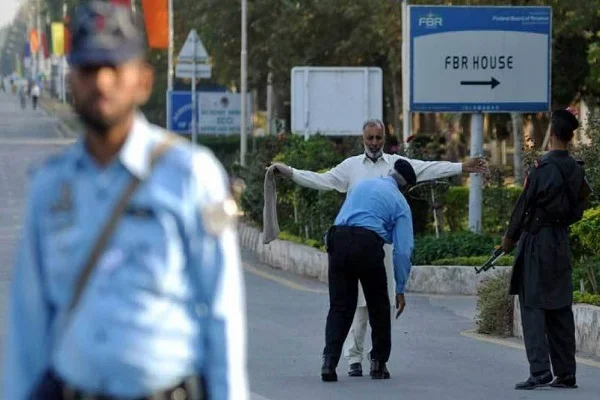Authorities in Punjab and Islamabad implemented Section 144 to restrict public gatherings. This action comes in anticipation of nationwide protests organized by Imran Khan’s Pakistan Tehreek-e-Insaf (PTI) set for July 26.
Understanding Section 144
Section 144 of the Code of Criminal Procedure allows district administrations to ban assemblies of four or more people for a specified period. This measure is typically used to prevent potential disturbances, maintain public order, and avert violence.
PTI’s Planned Protests
PTI leader Asad Qaiser has announced that the party will hold nationwide protests on July 26, demanding the release of political prisoners, including Imran Khan. The opposition alliance, Tehreek Tahaffuz Ayeen-i-Pakistan (TTAP), led by PkMAP chief Mehmood Khan Achakzai and supported by JUI-F chief Maulana Fazlur Rehman, will also stage a major protest on the same day.
Government Orders
The Punjab Home Department issued an order banning all political gatherings from July 26 to 28. The order cited concerns that such gatherings could become targets for terrorists and miscreants, posing serious security risks and disrupting public peace.
Islamabad’s Restrictions
In Islamabad, the district administration announced that Section 144 is in effect, prohibiting any rallies or protests. A press release emphasized that violations of this order would be met with strict action and noted that police forces have been deployed to enforce the ban.
Police Warnings
Islamabad police have warned that no unauthorized gatherings will be allowed. They stressed that violations would be severely dealt with, particularly in light of Muharram observances.
Opposition’s Call for Protests
Opposition Leader Omar Ayub has encouraged widespread participation in the peaceful protests. The key demands include the release of PTI leaders, national peace, and action against rising inflation. Ayub highlighted the need for fair and transparent elections to address these issues.
Jamaat-i-Islami’s Sit-In
Jamaat-i-Islami (JI) has announced a sit-in at D-Chowk in Islamabad on July 26, demanding reductions in electricity tariffs and a review of agreements with independent power producers. Despite the Section 144 restrictions, JI remains committed to proceeding with their protest.
Conclusion
The imposition of Section 144 in Punjab and Islamabad reflects the tense political climate and the government’s efforts to manage potential disruptions associated with the upcoming protests.





